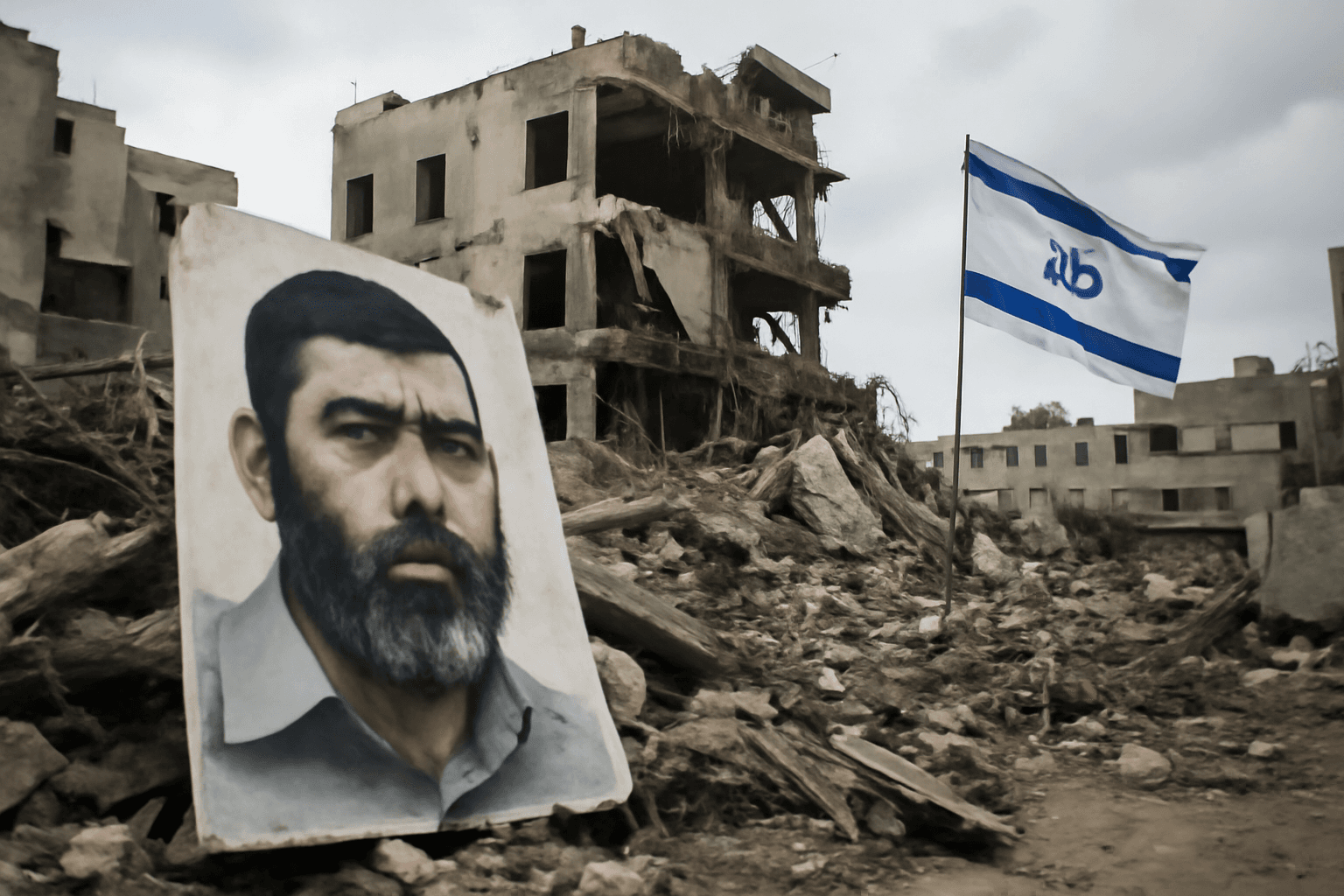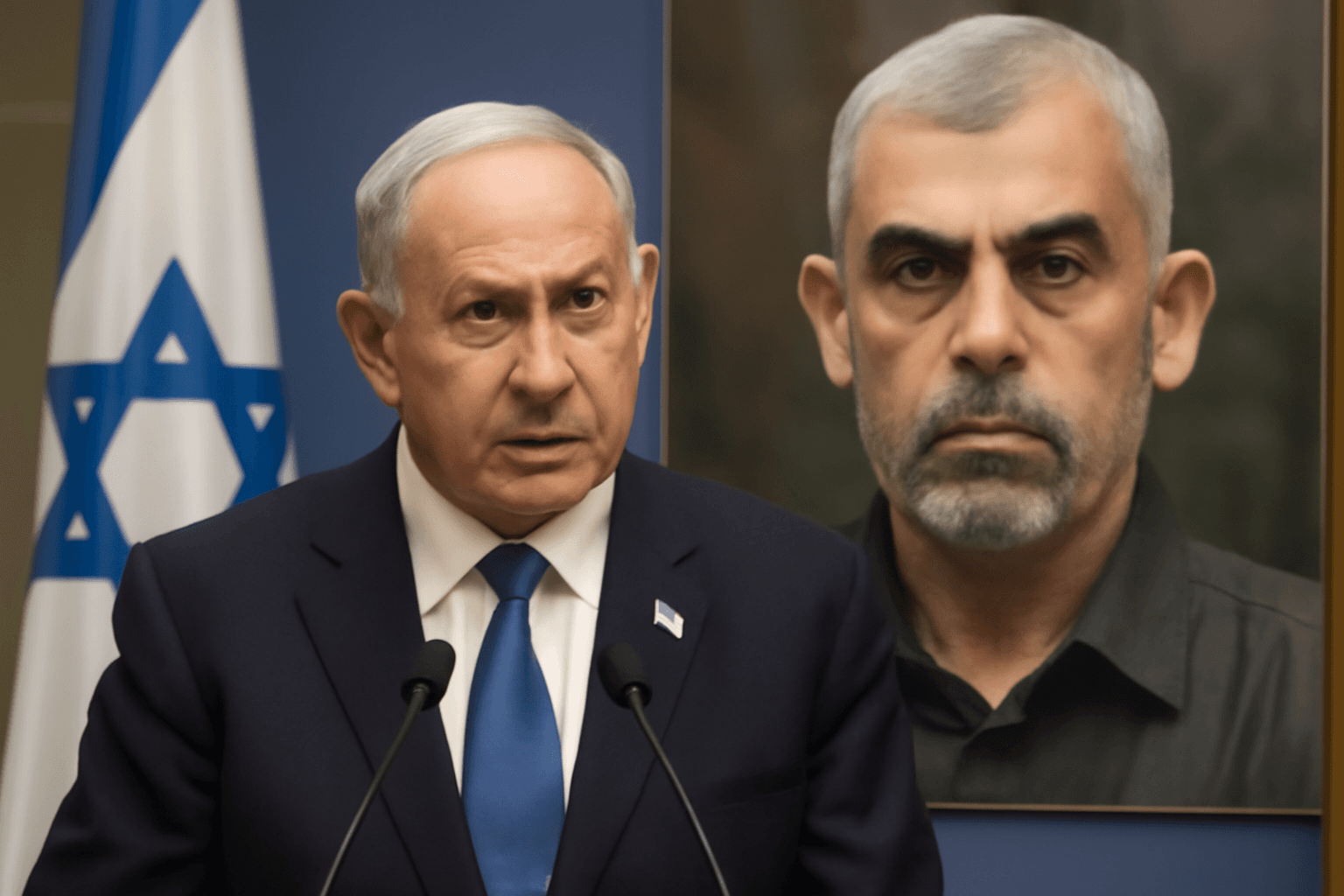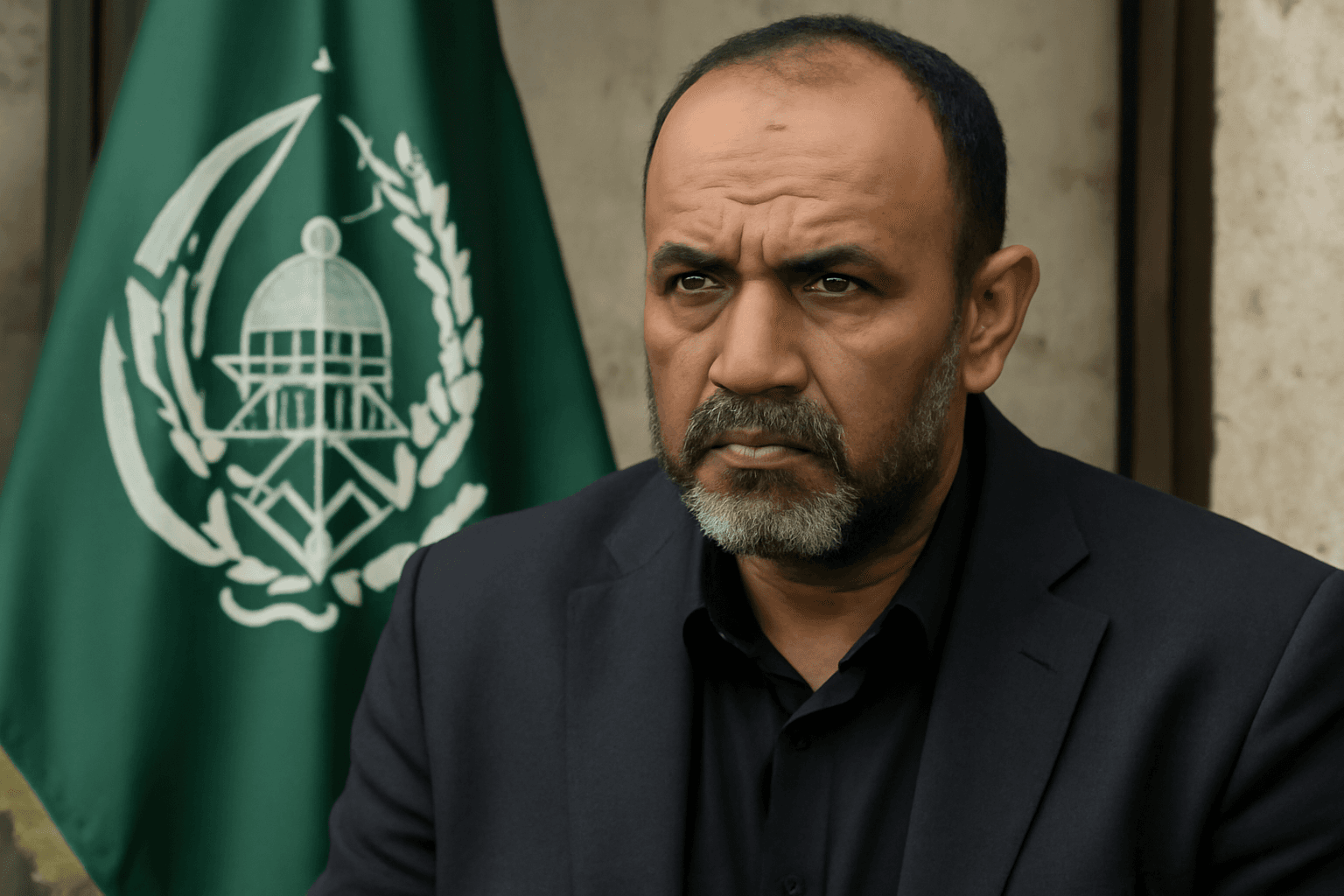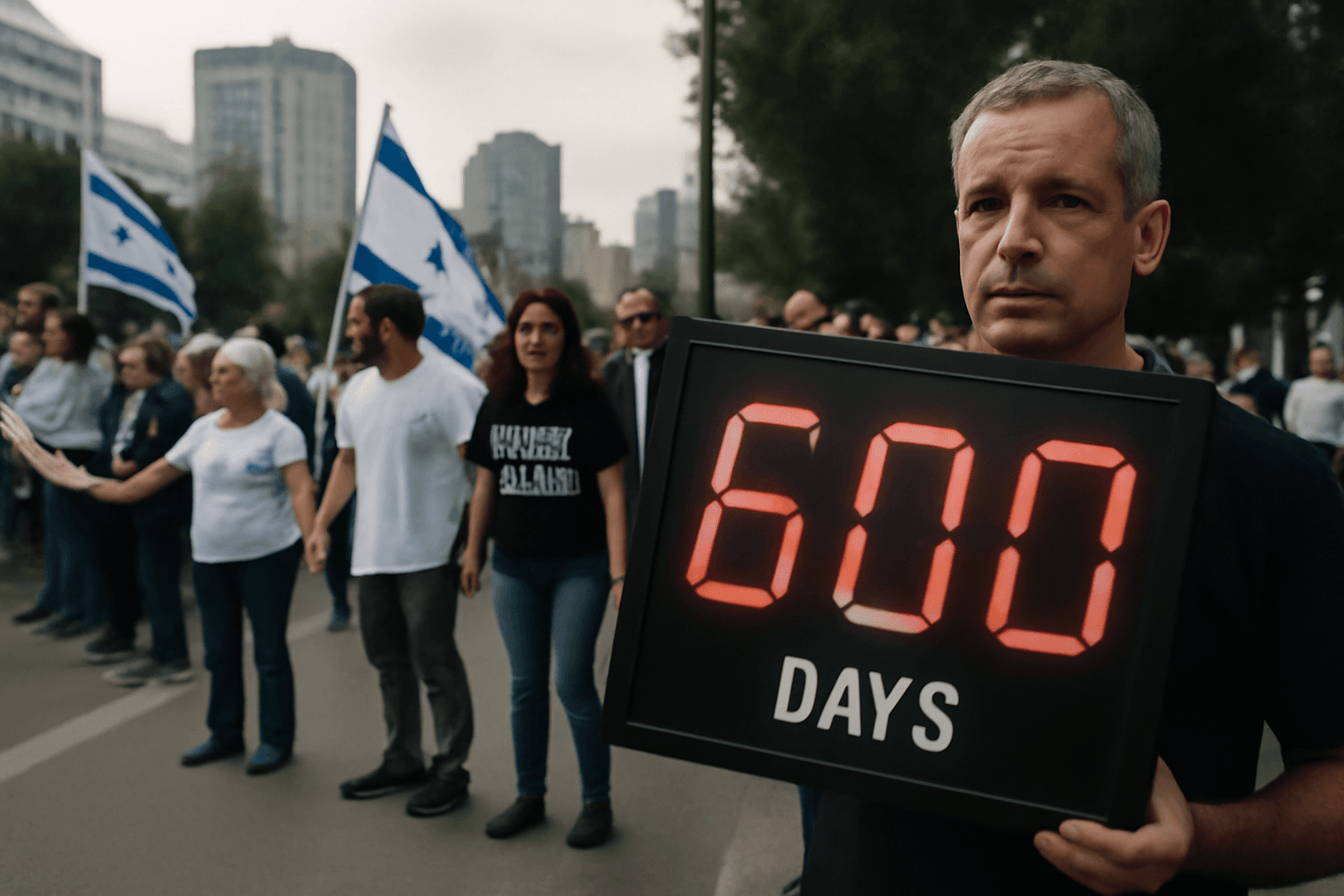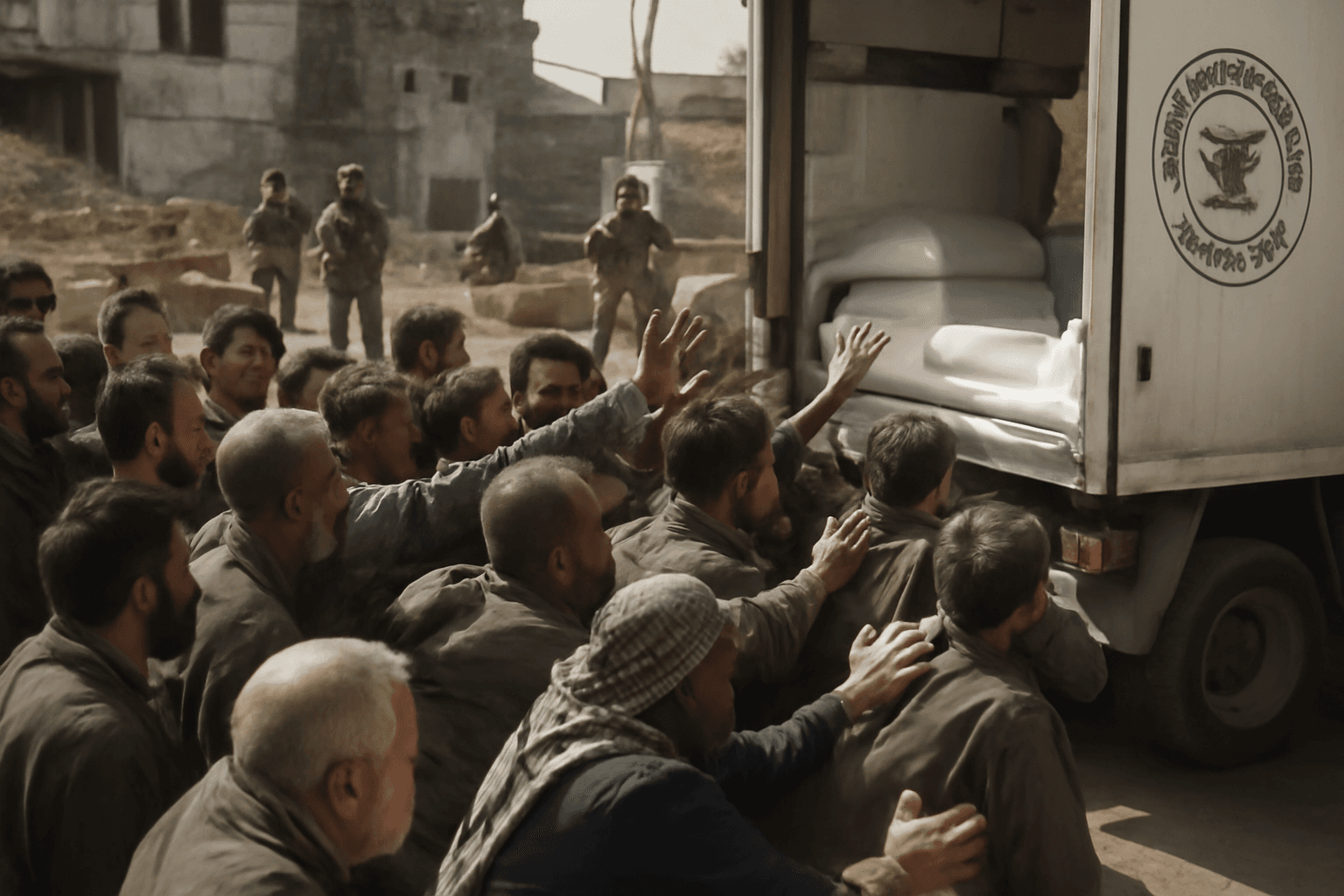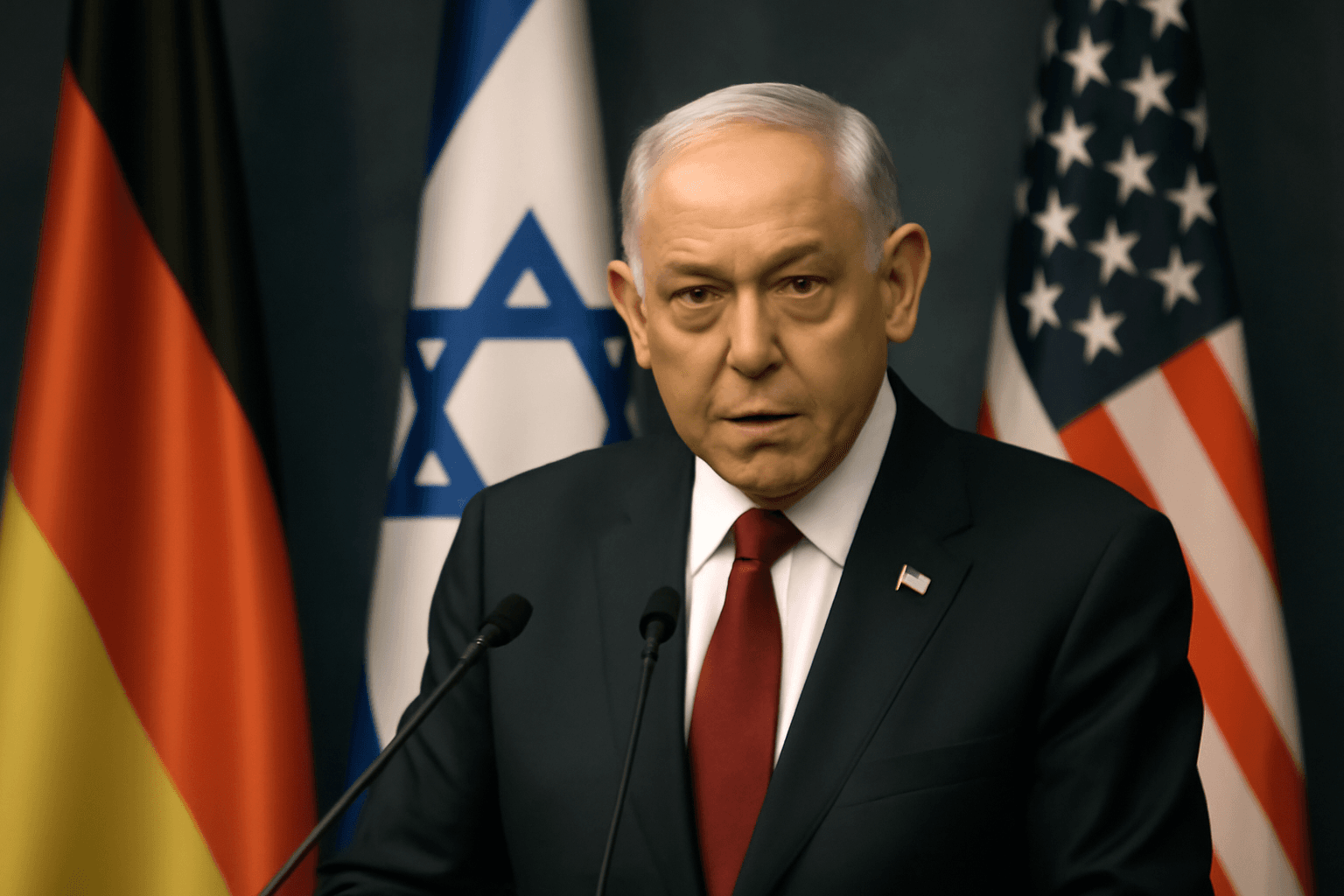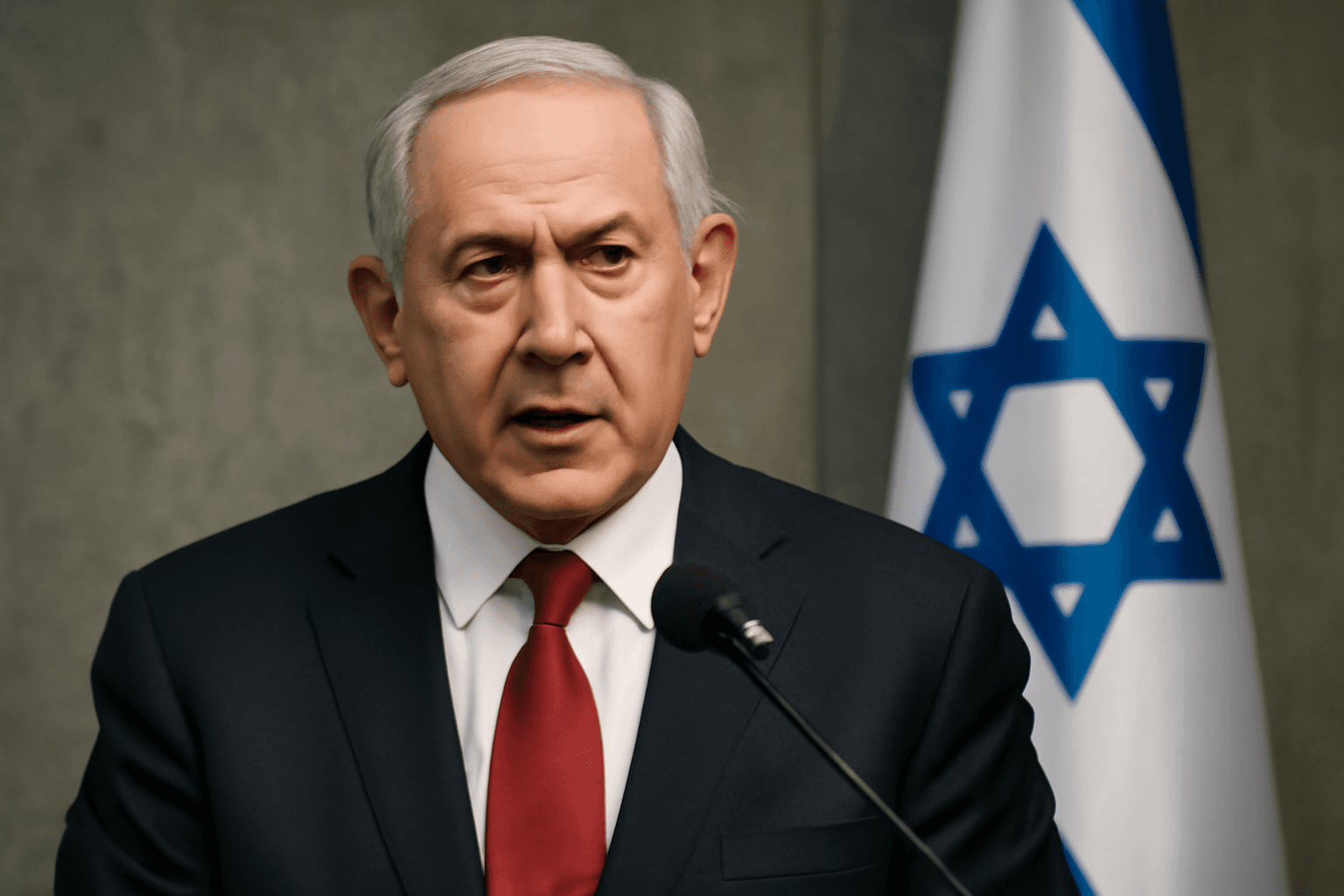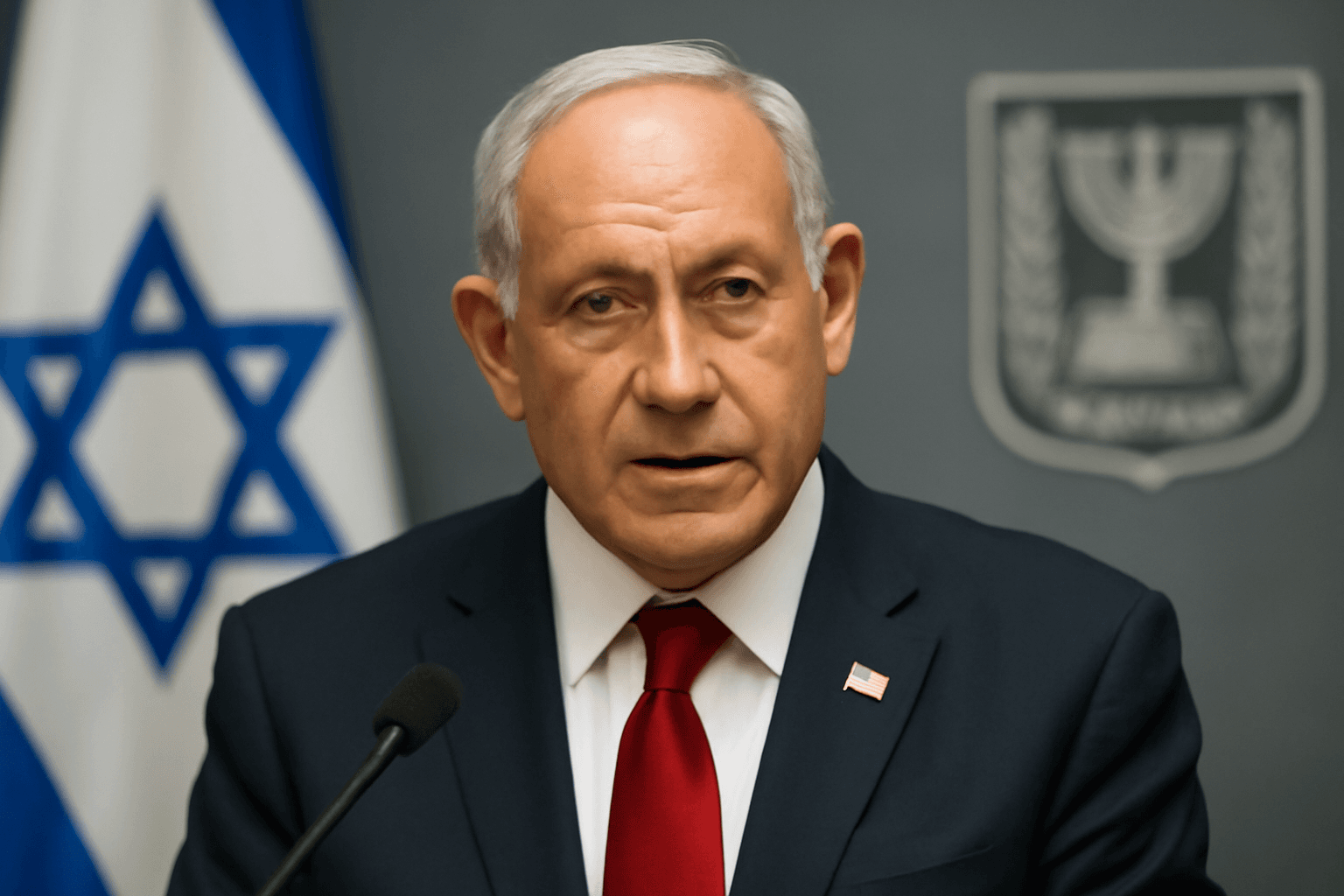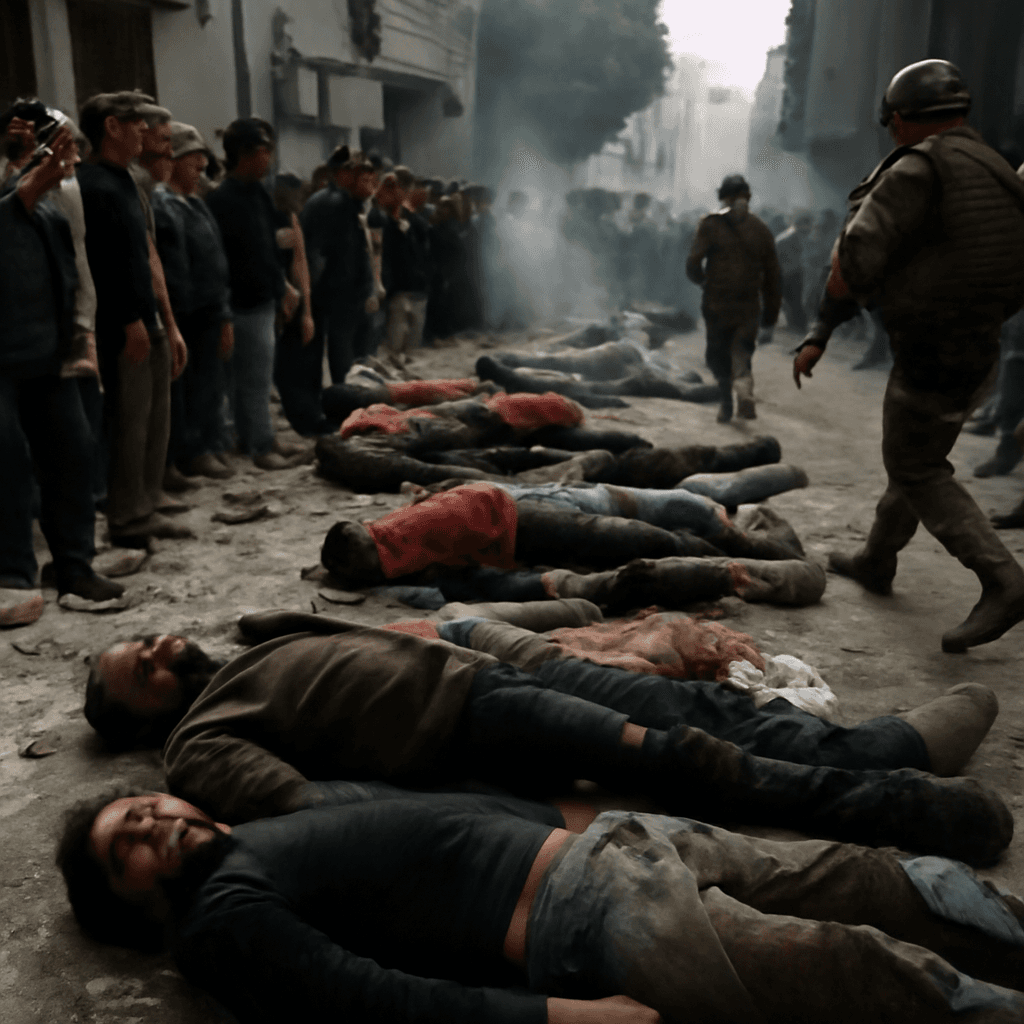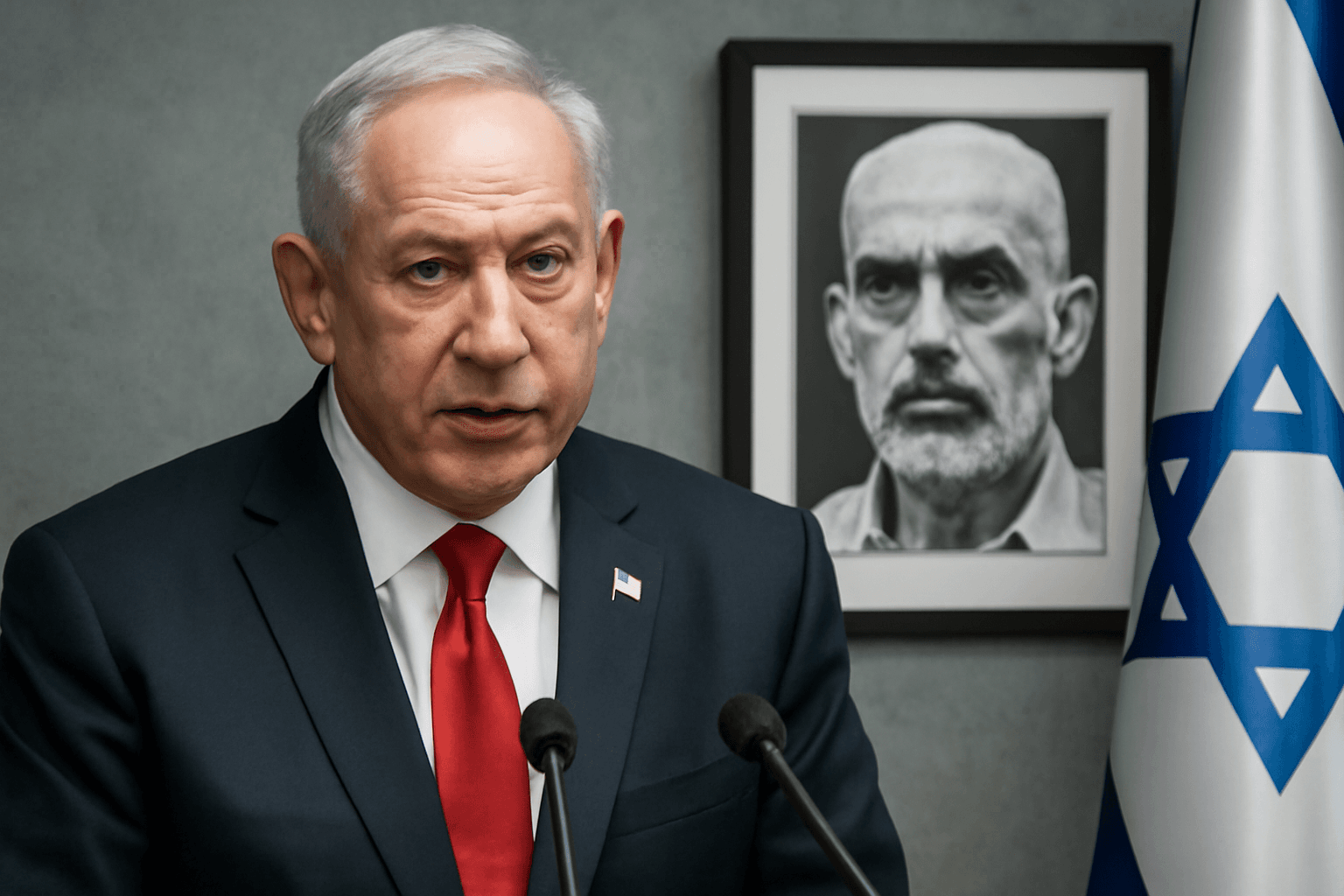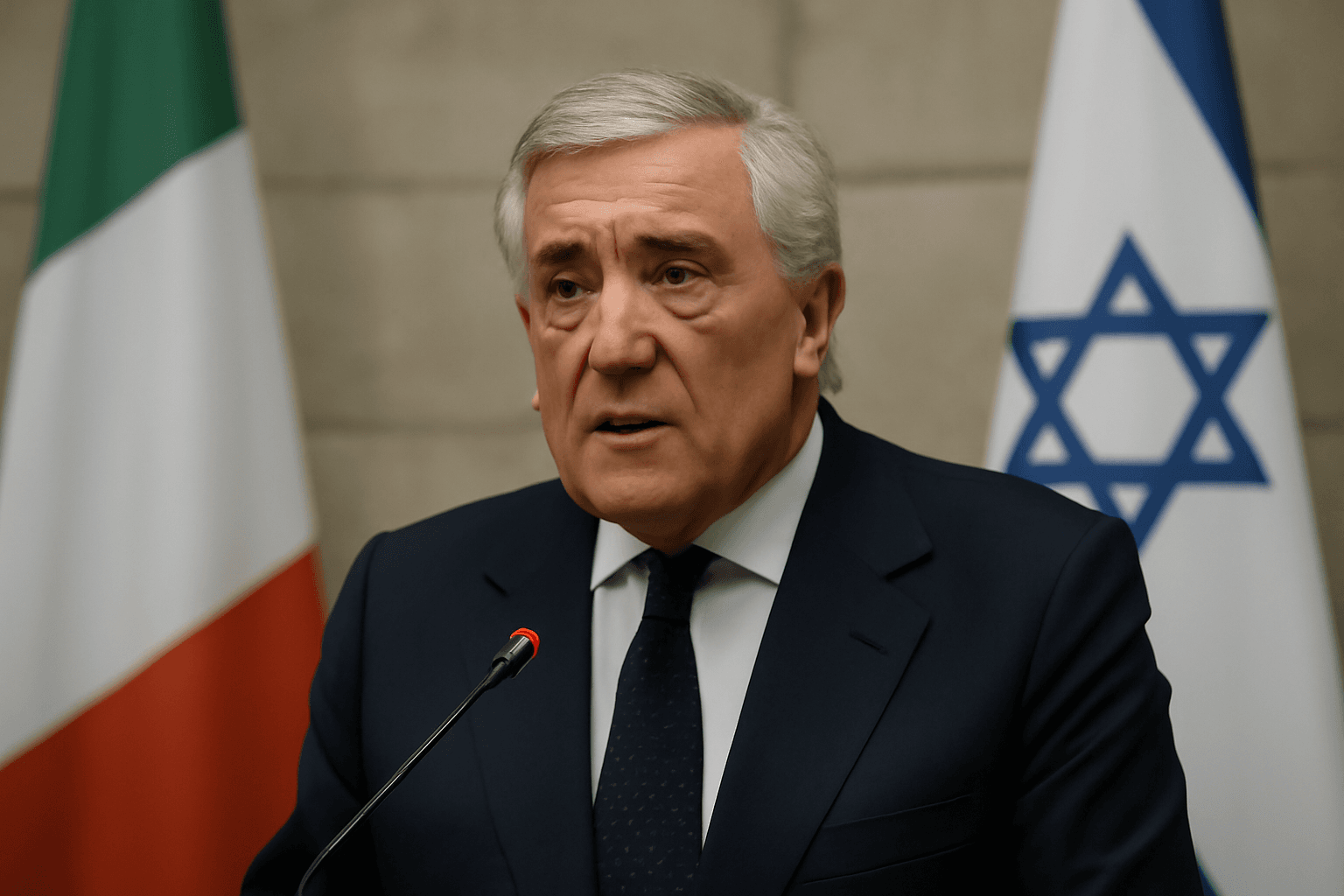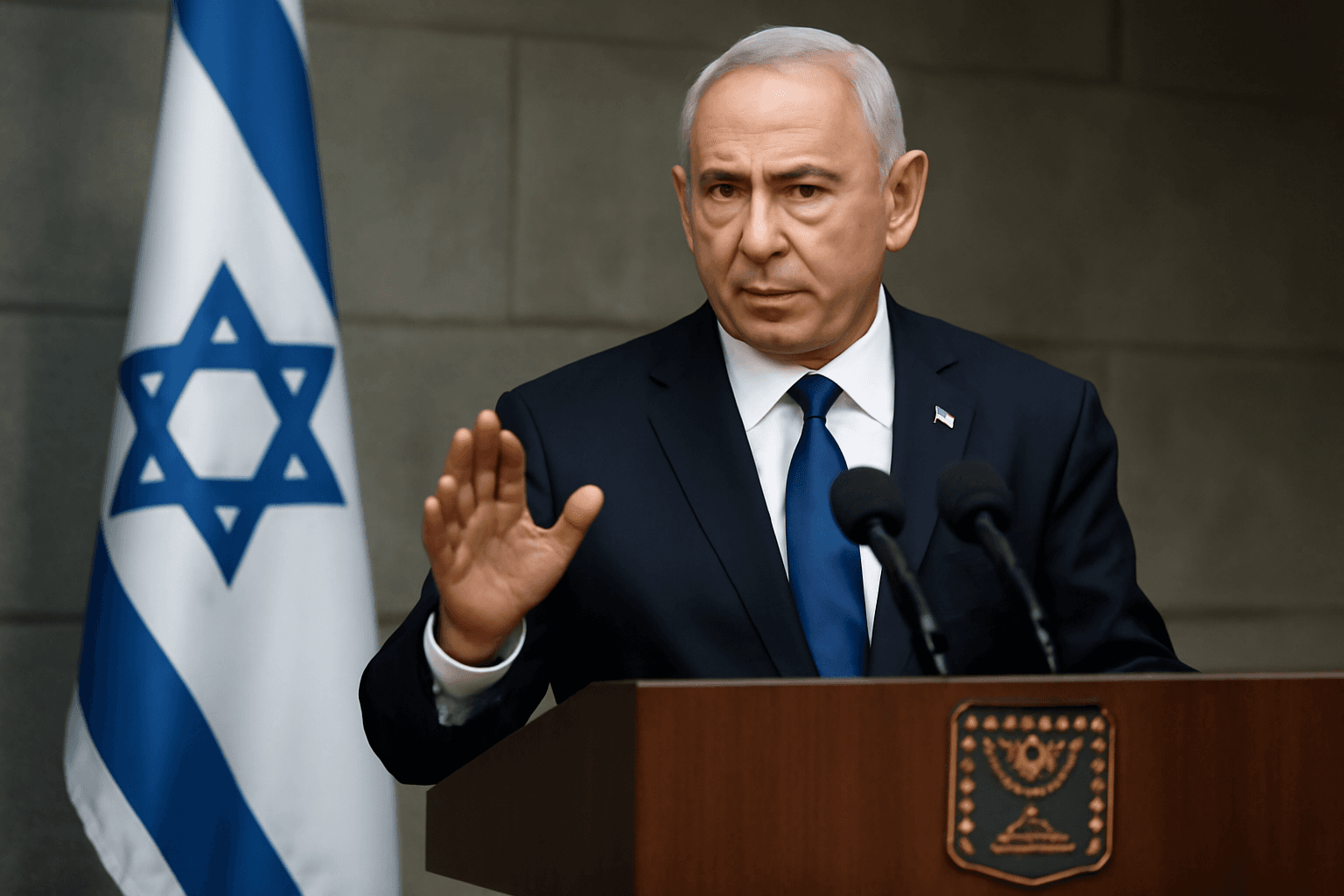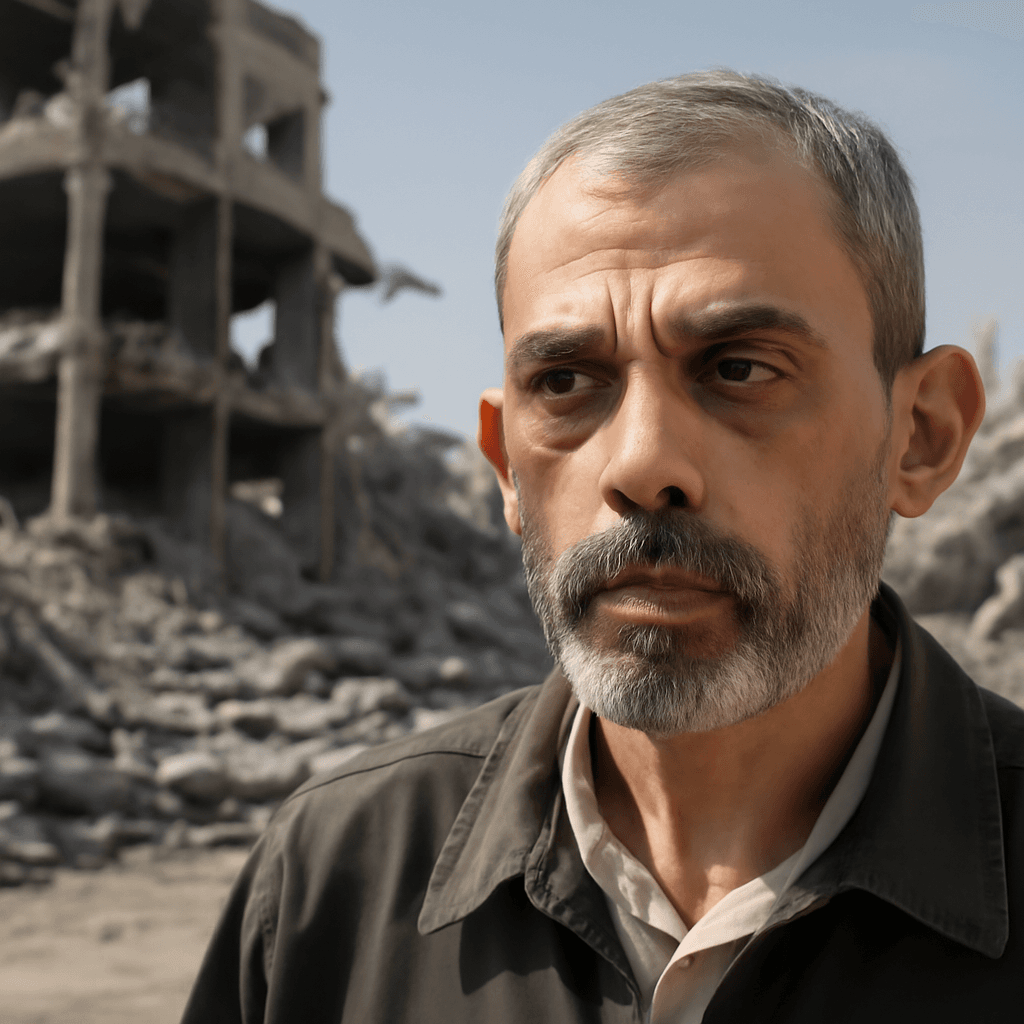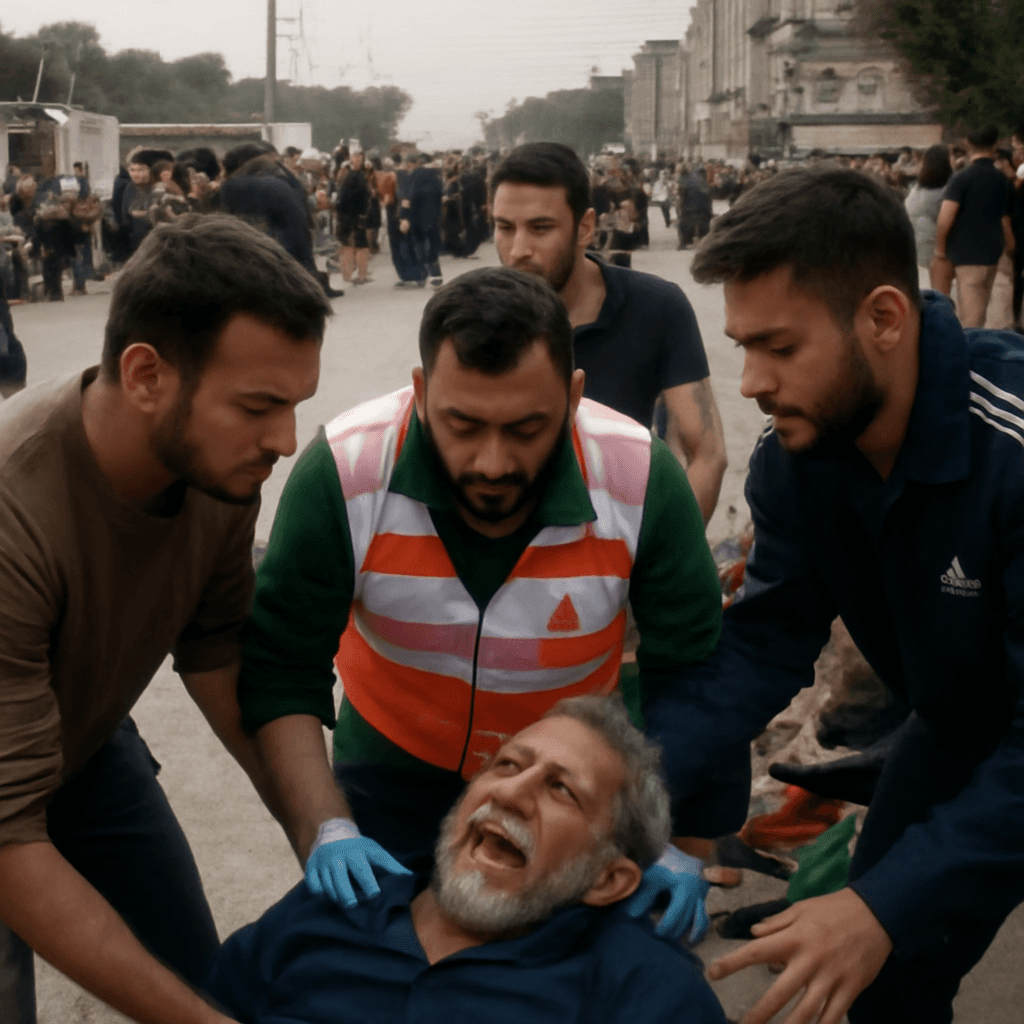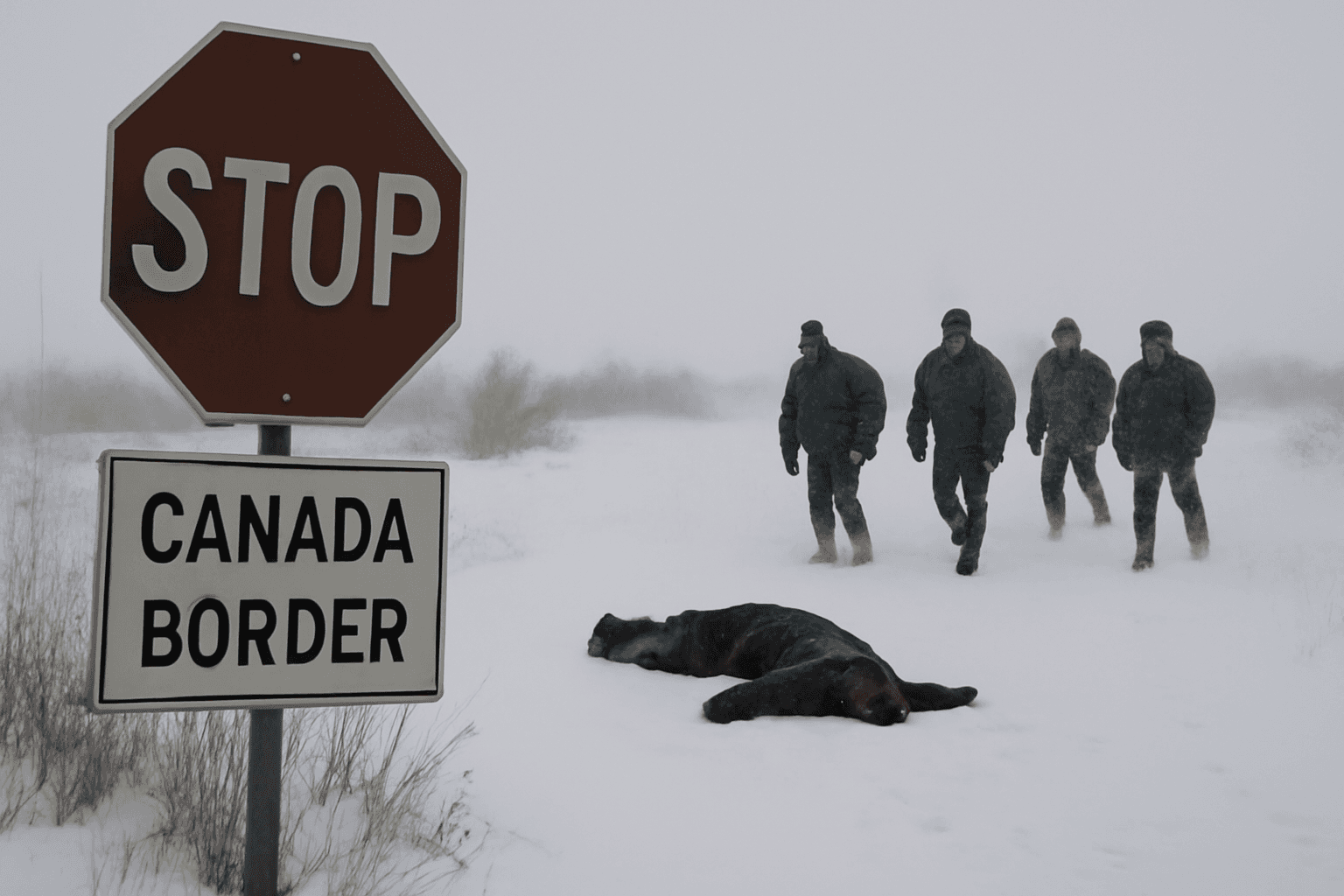On May 13, 2025, an Israeli military strike targeted an underground Hamas facility beneath the European Hospital in Khan Younis, Gaza. Israeli Prime Minister Benjamin Netanyahu subsequently announced that Mohammed Sinwar, a senior Hamas military commander and younger brother of former Hamas leader Yahya Sinwar, had been killed in the operation. Although Hamas has not officially confirmed his death, sources close to the group indicate that Mohammed Sinwar was indeed eliminated.
Mohammed’s death comes seven months after Yahya Sinwar was killed during an Israeli mission in Rafah in October 2024. The Sinwar brothers were prominent figures within Hamas, each shaping the group’s trajectory in distinct ways. Their story is intertwined with a landmark event that significantly impacted Israeli-Palestinian relations: the capture of Israeli soldier Gilad Shalit and the subsequent prisoner exchange.
The Sinwar Brothers: From Refugee Camp to Hamas Leaders
Born in the Khan Younis refugee camp amid the ongoing Israeli-Palestinian conflict, Yahya Sinwar (born 1962) and Mohammed Sinwar (born 1975) were shaped by years of occupation and hardship. Yahya emerged as a political strategist and Hamas’s influential political leader, while Mohammed operated clandestinely, becoming a field commander in Hamas’s military wing, the Izz al-Din al-Qassam Brigades. Israeli intelligence reportedly nicknamed Mohammed "The Ghost" due to his elusive presence.
The 2006 Gilad Shalit Kidnapping: A Pivotal Moment
In June 2006, a coordinated assault by Palestinian militants including those associated with Mohammed Sinwar led to the capture of Corporal Gilad Shalit near the Israeli border. Utilizing tunnels for infiltration, the militants abducted Shalit, who was held captive in Gaza for over five years. This event triggered a significant Israeli military response and set the stage for protracted negotiations.
Yahya Sinwar, imprisoned by Israel since 1988, was among the key figures Hamas sought to secure in any prisoner exchange. The negotiations, mediated by Egypt and Germany, extended over five years and culminated in October 2011 with the release of Shalit in exchange for over 1,000 Palestinian detainees, including Yahya. The prisoner swap represented a major strategic and symbolic victory for Hamas.
Consolidation of Power and Renewed Conflict
Following their releases, Yahya Sinwar resumed his political leadership and eventually became head of Hamas’s political bureau in Gaza. Meanwhile, Mohammed solidified his role as commander of Hamas’s Khan Younis Brigade, orchestrating military operations and overseeing arms smuggling activities. His operational expertise earned recognition within Hamas and from Israeli intelligence.
The Sinwar brothers were implicated in planning Hamas’s massive October 7, 2023 assault on Israel, which resulted in over 1,200 Israeli casualties—the deadliest day in Israel’s history since its founding. Israel held both brothers responsible for orchestrating the attacks. Afterward, Israel launched intense military campaigns targeting Hamas leadership, resulting in the deaths of military chief Mohammed Deif in July 2024 and Yahya Sinwar in October 2024.
Following Yahya’s death, Mohammed reportedly assumed greater control over Hamas’s armed operations before succumbing to the Israeli strike this month. Their deaths mark the conclusion of the Sinwar brothers’ influential and controversial legacy within Hamas, highlighting the ongoing volatility and tragic human cost of the Israeli-Palestinian conflict.

